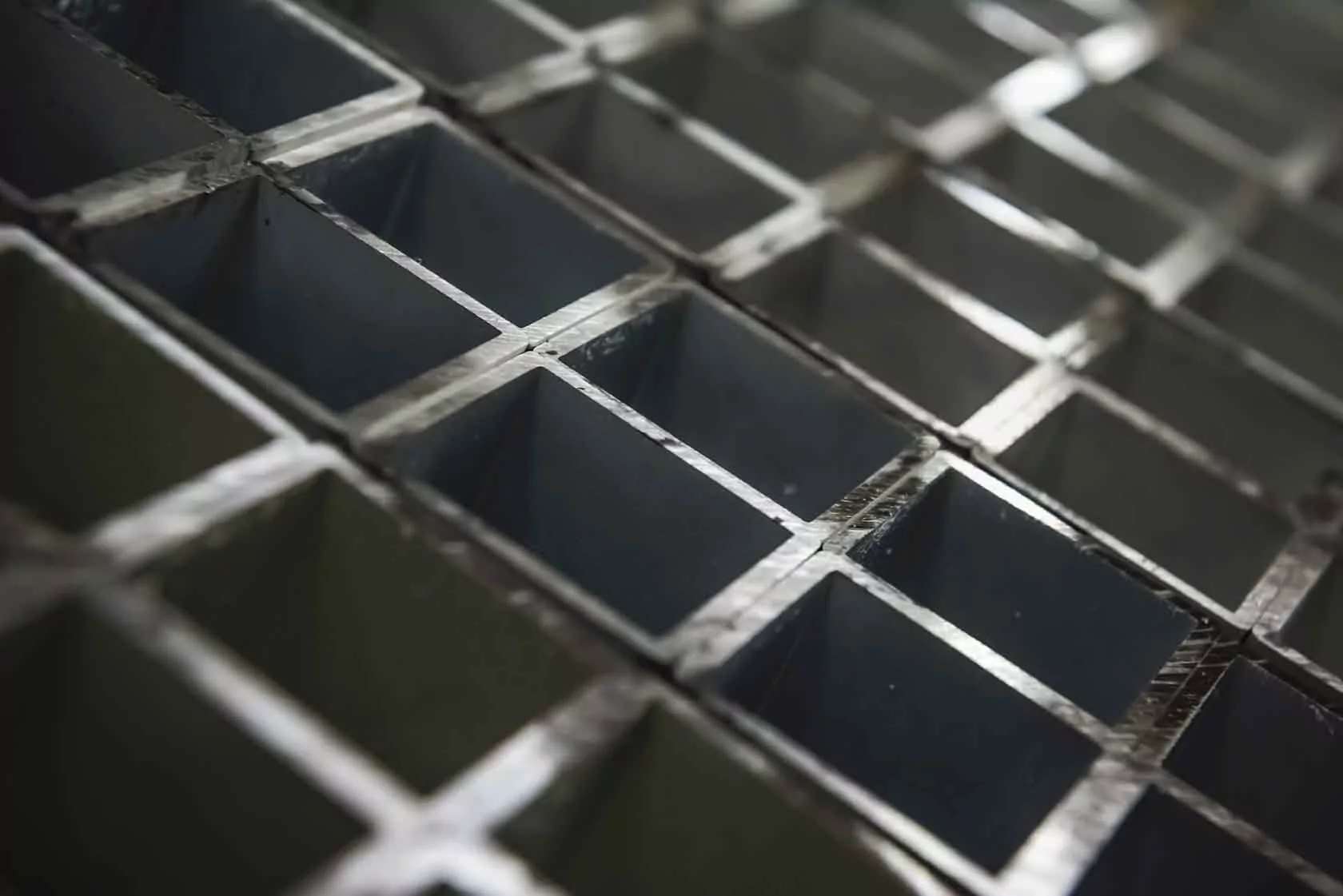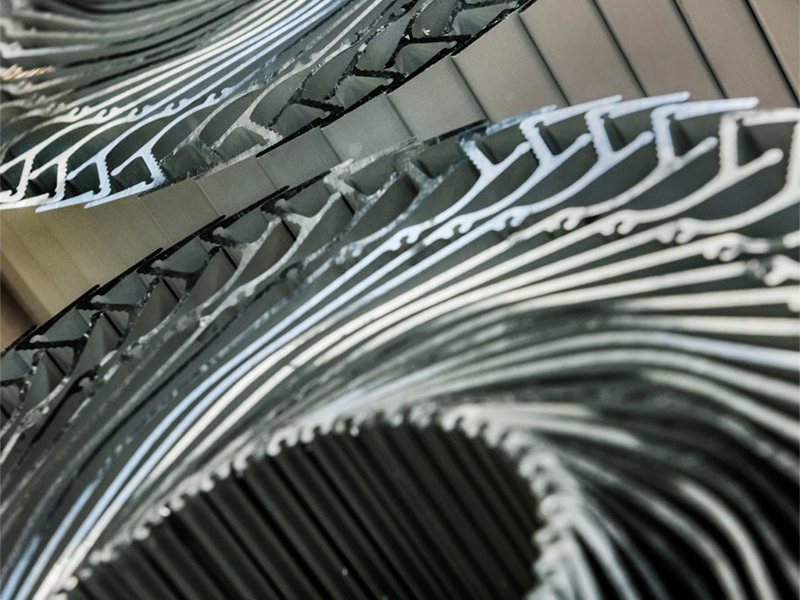Facts about aluminum


Aluminum - facts, history and use
Aluminum is an element and a metal with many uses. Because aluminum is light, durable and commonly found in the earth's crust, it is used in many different contexts. The metal is used for machine parts as well as vehicle components and interior details with high surface requirements.
About Aluminum
Low weight
2,7 kg/dm3
High strength
70–700 Mpa (normal: 200–300 Mpa)
Easy to shape
Machining, rolling, pressing, drawing, forging and casting
Easy to join
Welding, soldering, riveting
Long service life
Corrosion resistant
Electrically conductive
Twice as large as cups/weight unit
Thermally conductive
Heating/cooling
Environmentally friendly
Environmentally friendly (third largest element in the earth's crust)
Recycling
Energy consumption only 5% compared to primary production of aluminium
Use and recycling of aluminium
Aluminum can be melted down and reused several times. The reuse saves large amounts of energy compared to primary production. When aluminum is reused, the quality of the metal does not deteriorate either, and the result is both cost-effective and environmentally beneficial in the long run.
Read more about aluminum recycling.
Characteristics
Aluminum is light, durable and can be processed and alloyed in many different ways. The metal also has excellent conductivity, high corrosion resistance and high strength.
Read more about the properties of aluminium.
Production
Aluminum is produced from the rock bauxite, which is mined around the world. It is the most abundant metal in the earth's crust. Through a chemical purification process, the bauxite is converted into aluminum oxide, from which primary aluminum can then be extracted.
Alloys
In order to obtain the right properties for different products, we alloy aluminum with other metals.
The history of aluminium
Aluminum was discovered at the end of the 18th century by the French chemist Antoine Lavoisier. The first to succeed in extracting it was the Danish chemist Hans Christian Ørsted in 1825. Before it was discovered that aluminum could be produced from bauxite, it was the most expensive metal in the world. The name aluminum comes from the Latin word alumen, which means bitter salt.
Technical specification/conditions
Here you can read about our technical specifications and conditions. All documents are in digital format (pdf) and can be opened with Acrobat Reader. If you don't have the program, you can download it for free on Adobe's website.

Contact us for more information
Do you have any questions or concerns about the aluminum surface treatment? Or are you wondering what we at Interal can do for you?
You are most welcome to contact us!
